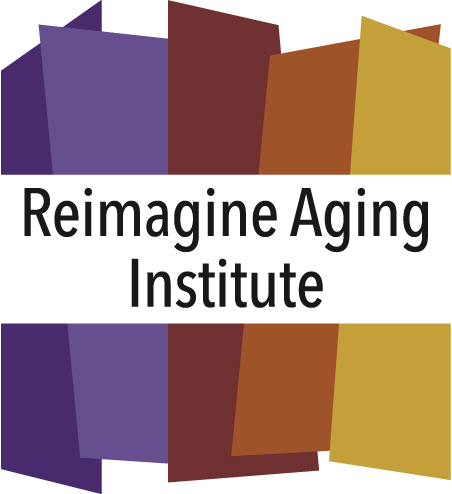Link to article in USA Today
Guest Column by Deb Taylor

If you are not already part of a group disadvantaged by prejudice, just wait a few years — you will be. Unlike all other prejudices, ageism is relevant to every person fortunate enough to make it beyond 60 years of age.
Ageism is discrimination based on prejudices about age. When ageism is directed at older people, it often involves the assumptions that older people are less competent than younger people. Ageism has a huge negative impact on older people.
Our society is not treating older people as equals. In fact, we are marginalizing their participation and minimizing their contributions. To live up to our ideals, we must confront the injustice of ageism.
People 65 and older are the fastest growing population in the United States, yet the more they continue to grow, the more they seem to be ignored. As an agency that works almost exclusively with the senior population, our eyes and ears are always open to how they are being talked about and treated within their own communities.
It’s sad to admit that we see programs that serve older people as one of the first things to be cut from budgets.
As you look around, do you see benches, handrails, or ramps being put in for the older population to make life in their communities easier for them and for future generations of older people?
Money is being put into parks for children and multi-story homes for new families.
It’s not just in many cities that we are seeing this ageist viewpoint displayed; the media is a large source of the problem as well.
A Star Tribune piece earlier this year was highly ageist in discussing why seniors should not be on social media. Research has proven that engaging in community online can be a great way to ease isolation and loneliness for seniors and we all know it’s a fantastic way to stay in touch with loved ones who don’t live nearby.
The reality is that having older people in a community is a tremendous benefit to everyone. You also have the wonderful benefits of intergenerational relationships that children have when they grow up near an older person.
Senior Lifestyle reported that children who have a close relationship with an older adult are 46 percent less likely to begin using illegal drugs, 27 percent less likely to begin using alcohol and 52 percent less likely to skip school and those are just a few of the benefits of intergenerational relationships.
Another benefit of keeping older people in their own home and community is their engagement within the community. Many seniors choose to spend their free time giving back to their community in the form of volunteering.
If older people are such a benefit to have in our communities, why are we still seeing threats to the budgets that support resources for older people?
For example, at the federal level, the pending budget cuts to the Older Americans Act and Community Block Development Grant programs could severely reduce the availability of programs and services that aid older people in remaining at home rather than moving to a nursing or residential facility. And, according to the Minnesota Council on Foundations’ latest statistics, only 0.8 percent of Minnesota’s over 1 billion philanthropic dollars have an intended beneficiary designation of senior/older person.
The reason is ageism is so prevalent in our society.
You don’t have to look very hard to see it. It can be seen in the media, in government, in day-to-day conversation and so much more. We have been convinced as a society that there is a point in time when a person is no longer a value to society and that is just not true.
Here are a few simple steps you can take right now to fight ageism:
Ask questions: When someone is speaking negatively about getting older, ask them why they feel that way.
Watch your language: Avoid phrases like, “You look great for your age,” “You don’t look a day over 30,” “I’m too old for that.” They are very clear statements about getting older with negative connotations.
Promote intergenerational activities: These meaningful ways you can let the older people around you know that they are a valued and an important part of your community.
Support causes that provide resources to older people: With threats to the budgets of nonprofits that serve the older population and the need for these resources only growing, we rely on the support of caring individuals more than ever. Do some research and find an organization whose mission you connect with. Then, decide how you want to be a support to them.
Deb Taylor is the CEO of Senior Community Services and its Reimagine Aging Institute, a nonprofit that helps older adults and caregivers navigate aging to maintain independence and quality of life.




